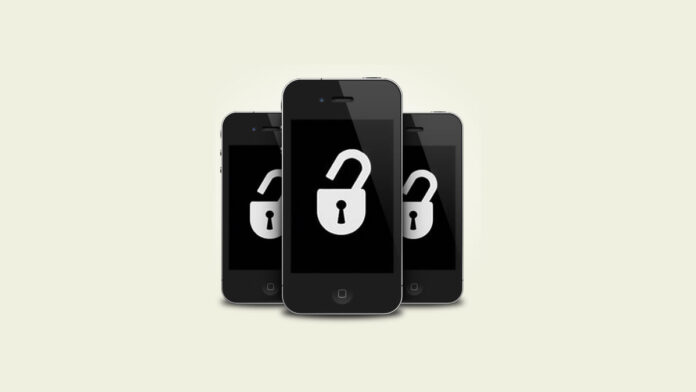Most of us are privy to how Apple goes out of its way to ensure unrivaled user privacy on its devices, the US tech giant has been in media for refusing to unlock devices subject to investigations. According to information retrieved from the tech giant’s Securities Exchange Filing (SEC), the company turned down Kenya’s request to unlock two iPhones that were apparently under police investigation. The request was made within six months ending December of 2020. According to a December 23rd filing with the US Securities Exchange Commission (SEC), the tech giant received a request from Kenyan authorities, seeking access to communication details on a locked iPhone.
The regulator didn’t provide additional information as to what type of data Kenyan authorities wanted from the two iPhones nor the ownership of those devices, and if at all they were involved in some kind of criminal activities. The unsuccessful request resembles similar attempts that governments across the world made to the iPhone maker only to be turned down. In Apple’s defense, unlocking an encrypted iPhone was compared to violating free speech rights that Apple is keen to uphold.
According to the US regulator, the request echoed those made by law enforcement agencies working on behalf of users whose devices were either stolen or lost. SEC added that Apple often receives requests to unlock various devices, in most cases to gain details on users of those devices or connections to Apple services. Data sort from these gadgets include photos, contacts and call logs, mainly to assist in criminal investigations and prosecutions.
Sometimes, governments request Apple to create a back-door in their software that can be used to by-pass device security in criminal investigations. Back in 2016, Apple refused a demand by the US government to unlock an encrypted iPhone to one of San Bernardino Shooters who died in a police shootout after killing 14 people and injuring 22 others. Apple rejected the request leading to debate to how much law enforcement and intelligence officials should be able to monitor digital communications.
There are efforts by the Kenyan government to compel users to provide necessary information on their mobile phones or communication devices deemed important in matters of national security breaches. These efforts are entailed in a bill presented by the government seeking to amend the official secrets act of 1968.


Comment:0779408460